

| Farewell to Yuri Shikhanovitch | |
|
The articles present memoirs about Yurij Shikhanovitch, who through decades taught mathematics in various linguistic institutions of Moscow. An interview with Shikhanovitch in which he explains his teaching principles and his long way in the career is published for the first time. |
|
| K. Gadilia. Iranian and Balkan language parallels (the category of indefiniteness and definiteness) | |
|
Postpositional articles represent one of the essential features of comparative investigation of Iranian languages and the languages of Balkan language unity. Intention of postpositional marking is a significant part of the general typological picture. The paper suggest more or less detailed description of definite and indefinite articles in Iranian languages and languages of the Balkan language unity. |
|
| A. Zhitnikovskaya. Semantic peculiarities of detached attributes in modern English | |
|
The paper contains the analysis of semantic and syntactic features of one of the most frequently detached parts of sentence in belles-lettres — an attribute. It focuses on the essence and the syntactical structure of the attribute and its morphological characteristics. The paper also highlights the additional shades of meaning of detached attributes. |
|
| M. Kozyreva. Offensive language avd the difficulties of its translation from English to Russian (as exemplified by subtitles in the «Bridget Jones’ Diary») | |
|
The article is dedicated to the translation peculiarities of offensive and abusive language from English into Russian in romantic comedy film «Bridget Jones’ Diary». The article covers reduction of offensive language and inappropriate usage of profanities in Russian translation. |
|
| M. Rukodelnikova. Negation and prospects of typological change in Dungan | |
|
Dungans of Central Asia have about 150-year-old history. Their isolation from China has essentially affected not only their life, but on their language as well. Not only a certain amount of words came to Dungan from Russian, Kirghiz and Kazakh languages, but some grammatical features appeared which were unusual for the Mandarin Chinese. The comparative analysis of negative constructions in Dungan and Mandarin Chinese can show both similarity and essential distinction of these languages. The development of Dungan morphology helps us to predict the typological change of Dungan. |
|
| T. Skulacheva. Synax of Verse: Full-stressed iambic pentameter of Alexander Pope and George Byron | |
|
d George Byron The distribution of close and loose syntactic ties in English iambic pentameter of Byron and Pope is studied. Regularities typical fof verse in different languages (English, French, Russian), as well as regulariries typical for Classicism and Romanticism and individual styles of the authors are described. |
|
| A. Shaikevich. Lexicon of XIX century Russian prose in comparison with the National corpus of the Russian language | |
|
An attempt is made to discover specific features (keywords) of the Frequency dictionary of XIXth century Russian prose as compared to the Russian frequency dictionary, which covers many genres of the second half of the XX century. The diminishing frequency of thousands of words may be due to a) long term linguistic trends; b) thematic and stylistic changes in literature proper, and c) changes in technology and way of life. It is argued that frequencies of collocations may contribute to further progress in comparison of frequency dictionaries. |
|
| S. Burlak. Human language as a communication commentary-system | |
|
The specific features of human language depend to a large extent on the vast, potentially unlimited number of possible signals it may have. In the article, I put forward a hypothesis according to which the main thing determining the potential infinity of the human language is a subconscious belief that language is a set of labels, and means for commenting on what is happening around. The fact that language emerged as a communication system intended for commenting, predetermined, the transition from gestures to articulate speech. |
|
| E. Panov. What can the study of animal communication give for the understanding of the emergence of the language? | |
|
The view that the roots of language can be traced already in animal communication is discussed and criticized. This notion is currently especially popular among some linguists who adhere to the so-called «cognitive revolution» paradigm. Contrary to this conception, another approach is put forth, according to which the specificity of the animal communication can be understand adequately by means of shift attention from «individual signals» to examination it as a process. Four main features of communication processes in animals are highlighted and discussed: 1) the continuity of the signal means; 2) meaningless of most such «signals»; 3) useful information can be translated and received only in the framework determined by the proper spatial and temporal coordinates; 4) the great redundancy of the message translation. I suggest that the search of the real roots of language should be restricted to the intensive studies of cognitive abilities of our closest relative, namely chimpanzees. |
|
| A. Vanjykov. Generation of metaphors in «decameronic» episode of the Life of Aesop as a sign of its alien origin | |
|
Aesopus and his master’s wife commit an adultery. As she refuses to grant the promised gift to him, Aesopus puts a question to his masters’ examination. The essence of the «labour dispute» is stated metaphoricaly; adultery itself is taken out of discourse. This decameronic story, as the article argues, seems to be a foreign body against a novel background. The most proper type of episode in the part of narrative surrounding adultery scene can be named the ‘order episode’: executing order nominally, servant perverts its meaning by means of semantic exchanges. The article demonstrates parallels between Life of Aesop, Till Eulenspiegel and folk tales. |
|
| I. Mel’cuk. Viktor Ju. Rosenzweig (1911–1998) | |
|
The paper is dedicated to the life and scientific activity of Victor Ju. Rosenzweig, organizer and patron of young Soviet linguistics in 1950–1970-ies in Moscow. It is based on personal memories of the author, who had the honor to be Rosenzweig’s younger friend for more than forty years. |
|
| Marina Kaul. On linguistic legacy of Sara Khidekel | |
|
Sara Khidekel (1915–2011) is an initiator and author of 16 English-Russian and Russian-English Learner’s dictionaries. The article explains the main principles and structural peculiarities of these dictionaries. The author dwells on academic activities of Dr. Rozalia Ginzburg and Dr. Sara Khidekel as initiators of the academic school of linguistics later reflected at the lexicographic work described. |
|
Editorial contacts:
Miusskaya sq. 6, building 2, Moscow, 125993, Russia,
Institute of Linguistics, RSUH
Mail to:
msk.ling.j@gmail.com